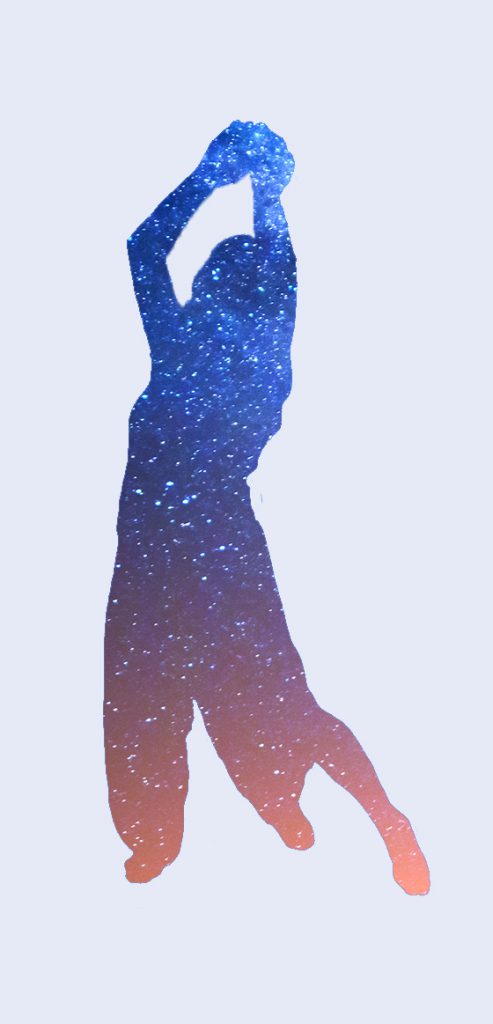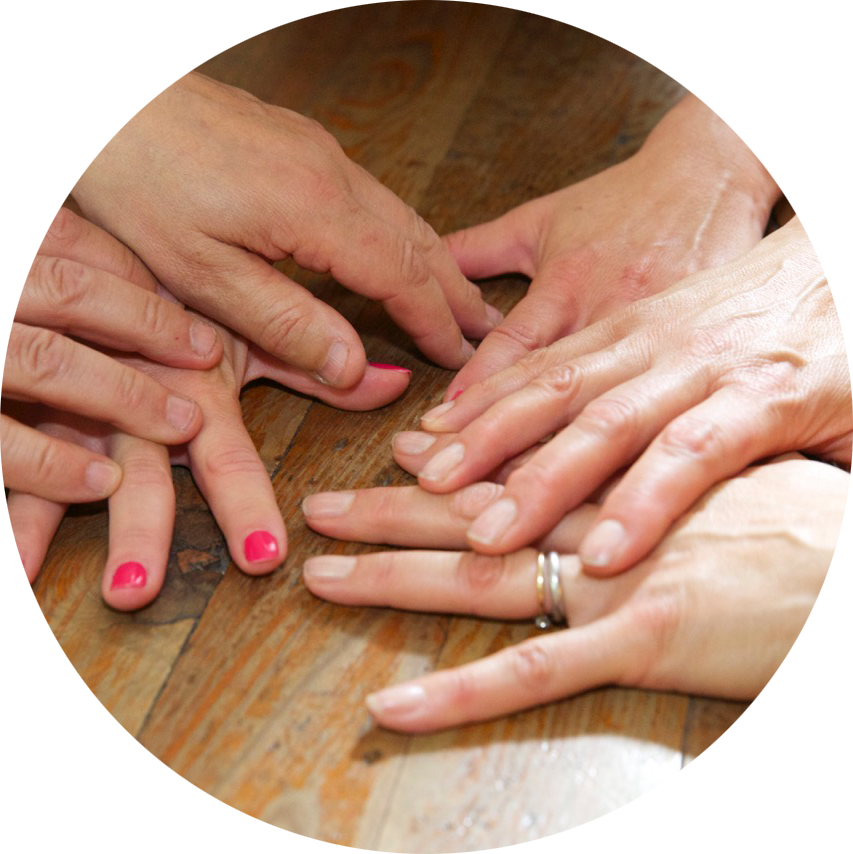About Dance Movement Pyschotherapy
Dance Movement Therapy (DMT) enables people to engage in an empathic, creative process using body, movement and dance to aid the integration of emotional, cognitive, physical and social aspects of the self.
Dance Movement Therapy is based on the holistic unity of body and mind. This approach to wellness enables individuals to discover pathways towards healthier living and well-being.
Embodied therapeutic approaches are considered effective ways of connecting to the sense of self in a world where changes and a general sense of chaos can leave people feeling fragmented.
DMT with Paula Grech
I am a Dance Movement Psychotherapist working with clients privately as well as offering regular workshops in personal development. I am a UK-registered Dance Movement Psychotherapist (DMP), now resident in France, and also a member of the Société Française de Danse-Thérapie (SFDT).
For the last 20 years, my work has enabled me to use body movement practices to reach people of all ages and movement abilities. As someone who has always had a deep love for dance, I am passionate about supporting others, in a safely-held space, to achieve optimal health by deepening communication pathways. I believe the body has an enormous capacity for healing and self-realisation.
Discovering expressive art forms and integrating dance, movement, mime, play, voice and sound are tools for working together with my clients in the therapeutic space. My training has given me an eclectic approach (person-centred and humanistic with Jungian insights). My humanistic therapy encompasses a gestalt approach, exploring how a person feels in the here-and-now.
I support people through a therapeutic movement journey by providing a safe space to be free and discover ways of experiencing an inner resourcefulness while expanding individual creative potential. I am trained to tailor the needs of my client group. For many people, DMP a great way to discover what lies beneath the surface of their lives and tap into their inner wisdom and potential. You can be enlightened by the transformative possibilities of the body, the dance, the movement, and by the healing potential of this therapeutic art form.
Today I am building my private practice in Montpellier (France) where I’ve been living for the past ten years. As well as expanding workshops and retreats, for instance in Malta (where I spent much of my childhood). I work in French and English, offering individual psychotherapy and personal development support in groups, although French is not my mother tongue. I continue to develop workshops in the UK (where I grew up and received my higher education).



